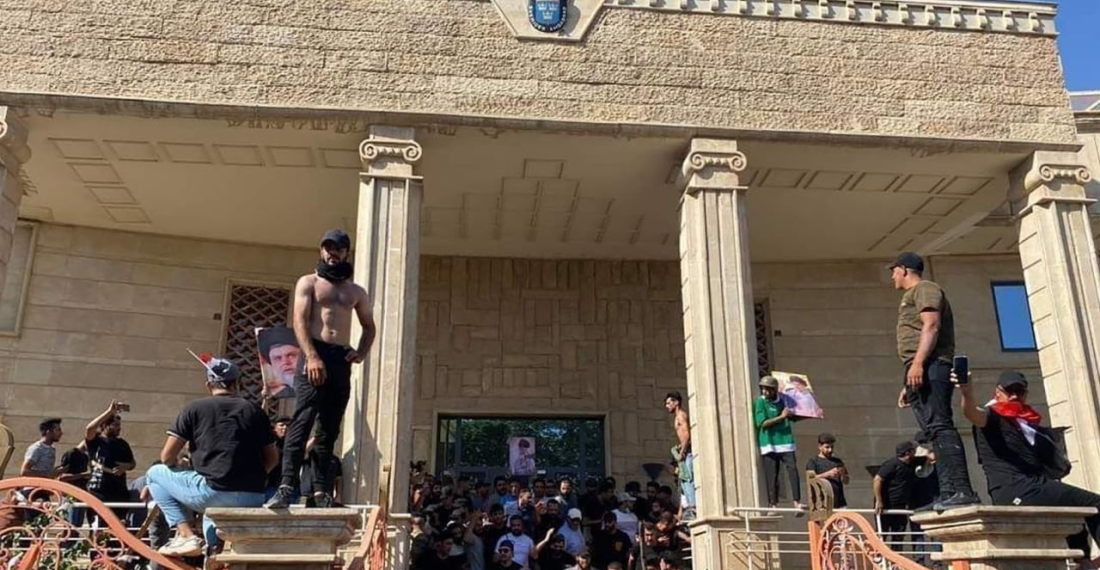Dozens of protesters stormed the Swedish embassy in the Iraqi capital Baghdad on Thursday (29 June) after Salwan Momika - an Iraqi living in Sweden - burned a Quran in protest in front of Stockholm's central mosque on Wednesday.
In accordance with free speech laws, the Swedish police had given Momika a permit for the protest but the police later released a statement saying that it would investigate the issue over potential incitement of hatred. Momika conducted his protest amid a heavy police presence.
The BBC reports that the crowd remained inside the Swedish embassy in Baghdad for some 15 minutes before local security forces were deployed to disperse the protest.
Momika's Quran-burning also drew official protests from a number of Muslim countries, including Iraq, Iran, Saudi Arabia and Egypt, while Morocco and Jordan have both recalled their ambassadors to Stockholm.
Iraq said the incident was "a reflection of a hateful aggressive spirit that has nothing to do with freedom of expression", while Saudi Arabia - which over the past days has seen the annual Hajj pilgrimage take place - said "these hateful and repeated acts cannot be accepted with any justification."
Swedish Prime Minister Ulf Kristersson meanwhile said that Momika's protest was "legal but not appropriate".
It is not the first time in recent history that a Quran has been burned in Sweden in protest. In January, Swedish-Danish right-wing extremist Rasmus Paludan burned a copy of the Quran near the Turkish embassy in Stockholm, also triggering outrage in the Muslim world and compelling Ankara to suspend talks with Sweden over its ongoing NATO application.
Swedish police have previously rejected applications to conduct such protests, but courts then ruled that they should be permitted under freedom of expression grounds.






